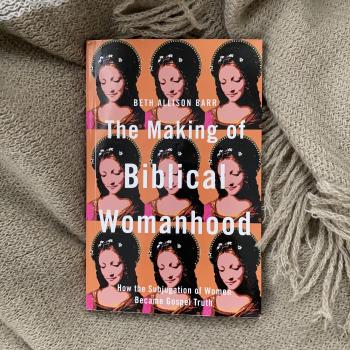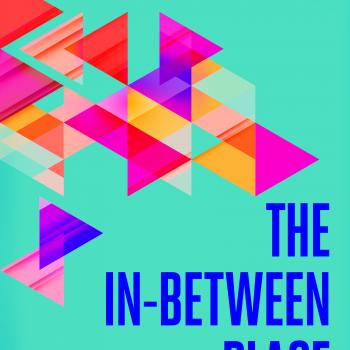“I thought about her again,” I tell my husband, Patrick, in the comfort of our living room.
He shakes his head. “Why do you do this to yourself?”
I shake my head too, mostly to loosen the memory of her, of the regrets and pain that remain quite alive between us. “What else could I have done?”
“You need to let it go, Mary. It’s over. She’s moved on. You need to too.” He pats the couch, asks me to sit.
I do. “But I can’t. I keep rehearsing what went wrong, what happened between us. We were supposed to be friends forever.” I say the last word and think of the song Michael W. Smith crooned right around the time I graduated high school about friends being friends forever, if they share the same Lord. Why couldn’t that be true?
I know Patrick wants to deliver me of this tenacious need to deconstruct every fallen relationship, but he remains blessedly silent. He reaches out and grabs my hand. And I sit there with a mind full of friendship memories that don’t seem to have a proper place to live and move. They’re floating untethered, no relationship to anchor them. They flash in and through me like flickering movies—bright splashes of laughter and shared motherhood, deep talks and tears of relief, bearing burdens and buying blouses, praying big kingdom prayers and recounting funny stories.
But then other memories interrupt the flickering happiness—angry words and volatile misunderstandings, phone calls laced with pain and accusations of betrayal, final words and curt goodbyes.
Normally, I have words to describe how I feel. But in this moment, I have none. What’s left is undecorated grief—as long as the friendship was deep.
As a society we’ve come to recognize divorce as a terrible scar. We agonize with widows and widowers and the loss of a significant, compelling relationship. But seldom do we put words to the grief of a friendship gone south. Sure, we talk about it with our remaining friends (or a long-suffering spouse in my case), but we almost feel like we don’t have the right to grieve what we’ve lost. We justify that it’s no big deal, and that we should get over it, for crying out loud. (And we do cry out loud, don’t we?)
[i] Henry Cloud, Necessary Endings: The Employees, Businesses and Relationships that All of Us Have to Give Up in Order to Move Forward (New York: Harper Collins, 2010), 12.
_______

Mary DeMuth is an international speaker and podcaster, and she’s the novelist and nonfiction author of over thirty-five books, including the latest: The Seven Deadly Friendships (Harvest House Publishers 2018). She loves to help people re-story their lives. She lives in Texas with her husband of 28 years and is the mom to three adult children. Find out more at marydemuth.com.












